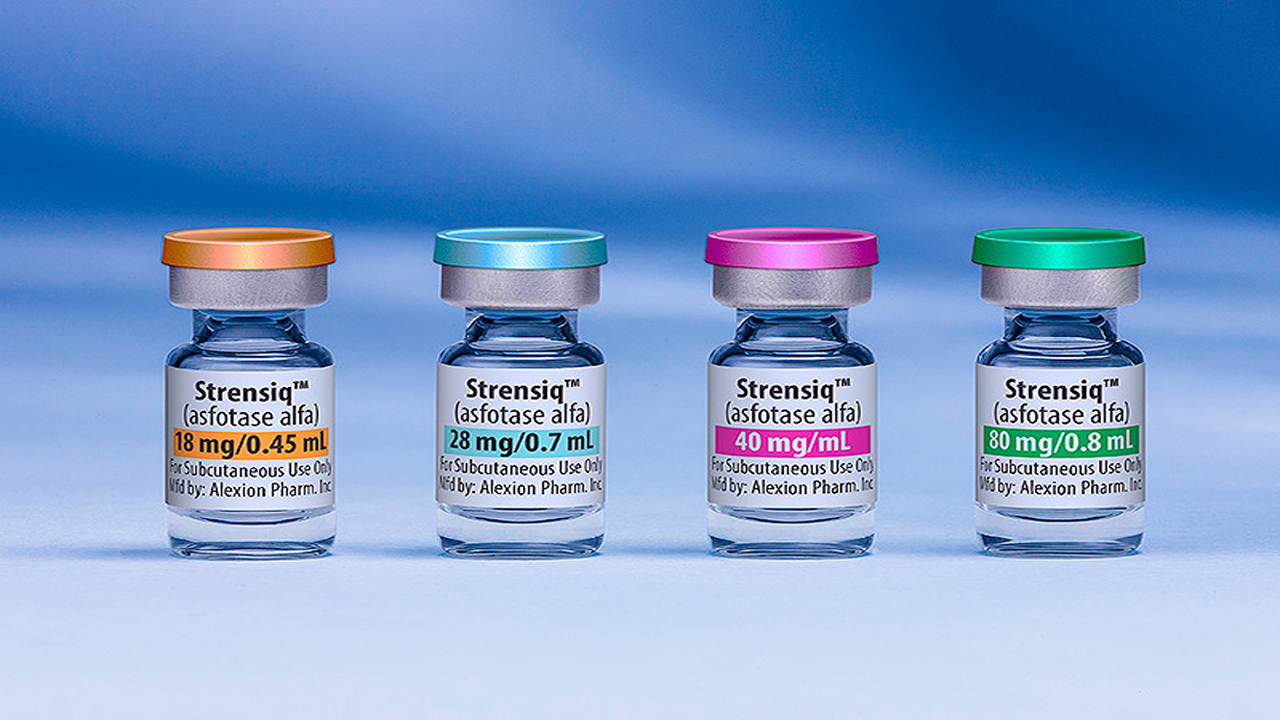Yesterday, the U.S. Food and Drug Administration approved Oxlumo (lumasiran) as the first treatment for primary hyperoxaluria type 1 (PH1), a rare genetic disorder. This approval is a cumulation of the work of experts and community members coordinated by the Oxalosis & Hyperoxaluria Foundation and the Kidney Health Initiative.
"The approval of Oxlumo represents a great triumph of community involvement to address a rare disease. It is a result of input from patients, treating physicians, experts and sponsors at a patient-focused drug development meeting and through other collaborative efforts," said Norman Stockbridge, M.D., Ph.D., director of the Division of Cardiology and Nephrology in the FDA's Center for Drug Evaluation and Research.
Primary hyperoxalurias (PHs) are caused by excess production of oxalate, a substance consumed in food and also produced by the body. PH1 is the most common and severe type. PH1 affects an estimated one to three individuals per million in North America and Europe and accounts for approximately 80% of PH cases.
Patients with PH1 produce far too much oxalate, which can combine with calcium to cause kidney stones and deposits in the kidneys. Patients can experience progressive kidney damage, which can lead to kidney failure and the need for dialysis (a treatment that purifies the blood). As kidney function worsens, oxalate can build up and damage other organs, including the heart, bones and eyes.
Oxlumo works to decrease oxalate production. It was evaluated in two studies in patients with PH1: a randomized, placebo-controlled trial in patients six years and older and an open-label study in patients younger than six years. Patients ranged in age from four months to 61 years at the first dose. In the first study, 26 patients received a monthly injection of Oxlumo followed by a maintenance dose every three months; 13 patients received placebo injections. The primary endpoint was the amount of oxalate measured in the urine over 24 hours. In the Oxlumo group, patients had, on average, a 65% reduction of oxalate in the urine, compared to an average 12% reduction in the placebo group. By the sixth month of the study, 52% of patients treated with Oxlumo reached a normal 24-hour urinary oxalate level; no patients treated with the placebo did.
In the second study, 16 patients younger than six years all received Oxlumo. Using another measure of oxalate in the urine, the study showed, on average, a 71% decrease in urinary oxalate by the sixth month of the study.
The most common side effects of Oxlumo include injection site reaction and abdominal pain.
Oxlumo received orphan drug designation, which provides incentives to assist and encourage drug development for rare diseases. The application was also granted breakthrough therapy designation. In addition, the manufacturer received a rare pediatric disease priority review voucher. The FDA's rare pediatric disease priority review voucher program is intended to encourage development of new drugs and biologics to prevent and treat rare diseases in children.
The FDA granted the approval of Oxlumo to Alnylam Pharmaceuticals, Inc.

 Oxlumo received orphan drug designation, which provides incentives to assist and encourage drug development for rare diseases
Oxlumo received orphan drug designation, which provides incentives to assist and encourage drug development for rare diseases



















.jpeg)











.jpg)

